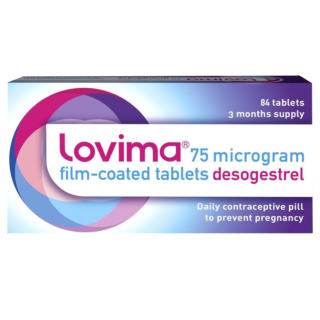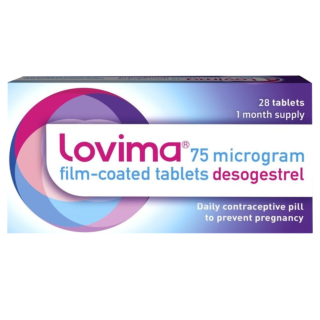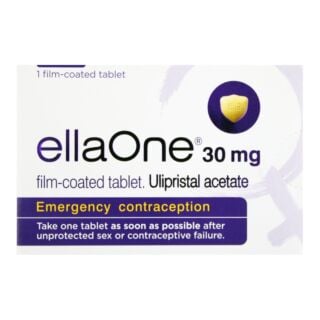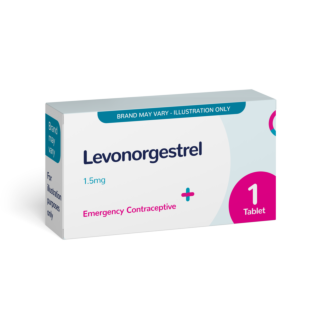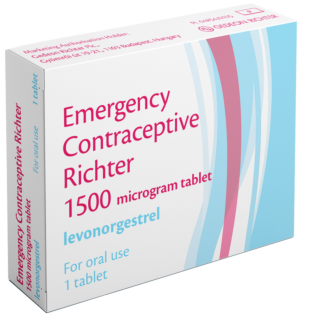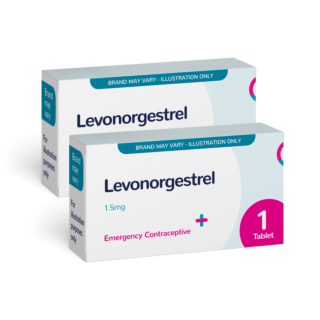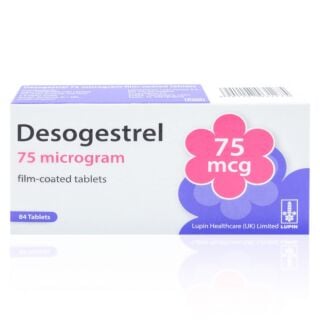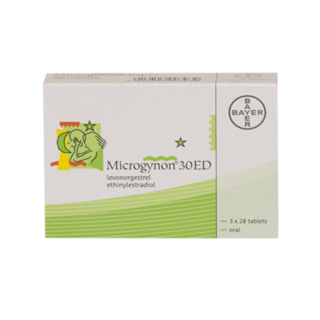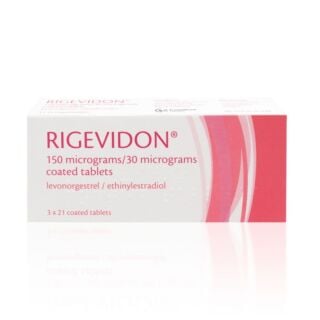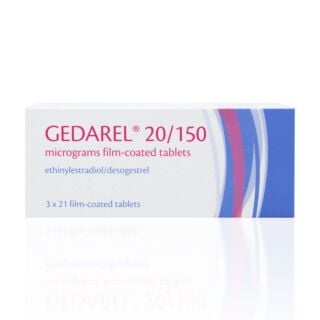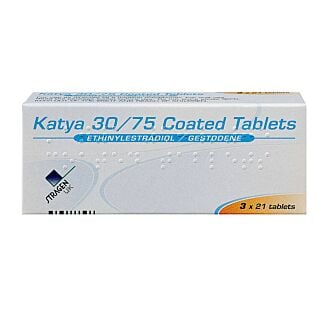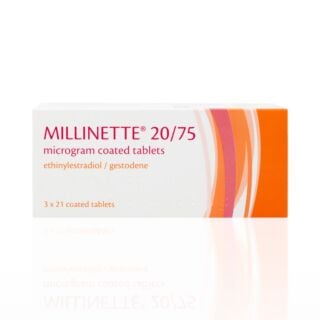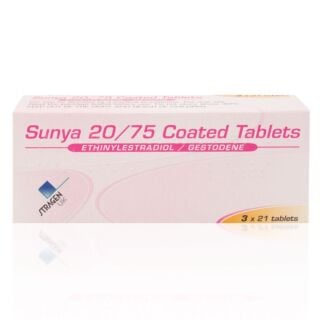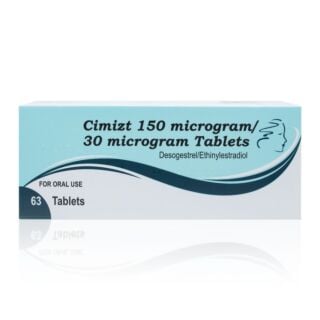Contraceptive Pill
Chemist4U has a range of hormonal contraceptive options, from progestogen-only pills, like Hana and Lovima, that are available over the counter, to combined contraceptive pills available upon consultation with one of our prescribers. … Read More See less
We even have a range of emergency contraception from trusted brands like EllaOne.
If you're not ready to have a baby, the anticonception pill can offer peace of mind as you enjoy a healthy, active sex life.

Free delivery when you spend over £30

100% discreet delivery for every item ordered

Fully regulated UK pharmacy
Can the pill make me gain weight?
Some women report weight gain as one of the side effects of taking the contraceptive pill.
Certain pills can make you put on weight when you first start taking them due to water retention, and some can increase appetite, which in turn can result in weight gain.
Always speak to your doctor or pharmacist for advice if you feel that the pill is increasing your weight.
How effective is the pill?
When the pill is taken correctly with perfect use, it’s over 99% effective at preventing pregnancy.
Fewer than 1 in 100 women who take the pill as a method of contraception will get pregnant within a year.
No contraception is 100% reliable, and the effectiveness of the pill can lower if you miss a pill, are taking certain antibiotics, or have vomited or had diarrhoea shortly after taking the pill.
With typical use, meaning you occasionally miss a pill, your contraception is around 91% effective, with 9 in 100 women becoming pregnant within a year.
Do you need to take the pill at the same time each day?
It doesn’t matter what time of day you take your contraceptive pill, as long as you take it at about the same time each day.
If you forget to take your combined pill, you’ll still be protected if you take it up to 12 hours later, but don’t get in the habit of taking it at different times as it can reduce its effectiveness.
However, certain progestogen-only pills can only be taken 3 hours late, so always read the instructions or speak to your pharmacist or doctor for advice if you’re uncertain.
Do antibiotics affect the contraceptive pill’s effectiveness?
Yes, certain antibiotics and other prescription medicines can reduce the effectiveness of your contraceptive pill, putting you at a higher risk of becoming pregnant.
Always tell your doctor or pharmacist if you’re taking the contraceptive pill when you’re prescribed new medication.
If your pill is affected, use a barrier method of contraception like a condom until your medication has stopped

